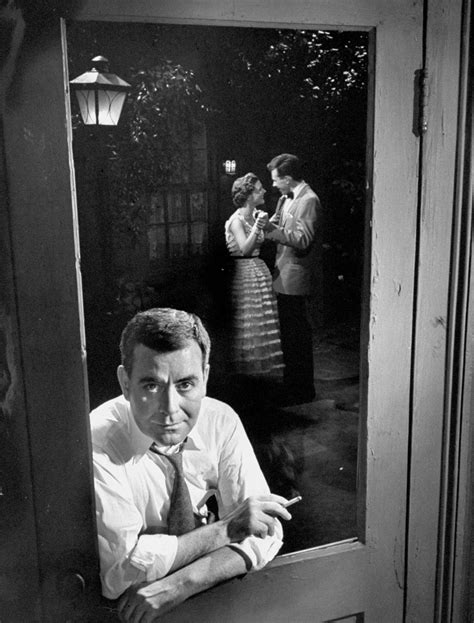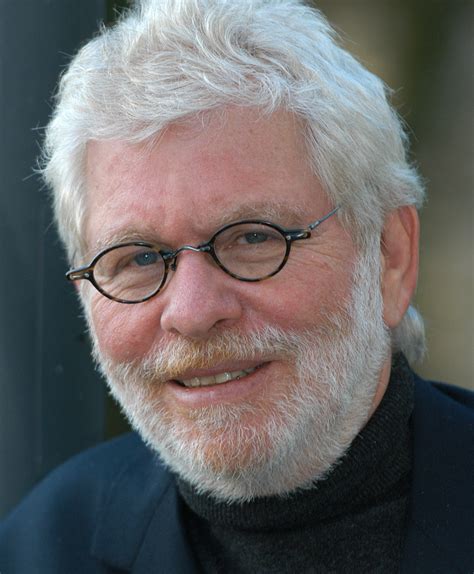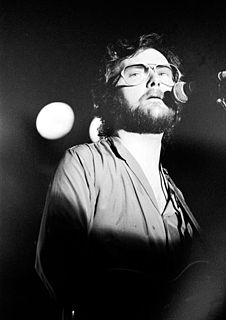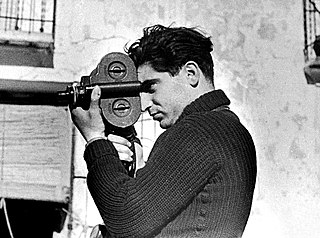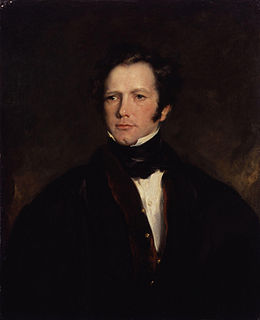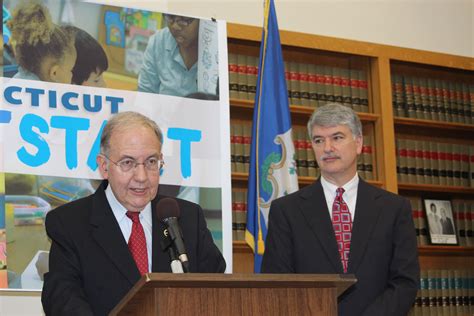A Quote by George Herbert
The masters eye fattens the horse, and his foote the ground.
Related Quotes
This one isn’t just any old horse. There’s a nobility in his eye, a regal serenity about him. Does he not personify all that men try to be and never can be? I tell you, my friend, there’s divinity in a horse, and specially in a horse like this. God got it right the day he created them. And to find a horse like this in the middle of this filthy abomination of a war, is for me like finding a butterfly on a dung heap. We don’t belong in the same universe as a creature like this.
American Rifleman and Field & Stream had ads for "varmint guns." Another varmint was a ground hog because a horse would be going along and he'd stick his foot in a ground hog hole and break his leg. So we were trying to prevent that, too. But we finally scared ourselves. We didn't realize we were nuts.
I like my boy with his endless sweet soliloquies and iterations and his utter inability to conceive why I should not leave all my nonsense, business, and writing and come to tie up his toy horse, as if there was or could be any end to nature beyond his horse. And he is wiser than we when [he] threatens his whole threat "I will not love you."
A horse perceives eye contact as provocative, as if it and its status in the herd are not being respected. If it cannot avoid eye contact, it will react in a different way, by rebelling for example. In dressage you don't get anywhere by not showing respect, however superior your species might be. Any animal trainer can tell you that. In the mountains in Argentina there's a wild horse which will jump off the nearest precipice if any human tries to ride it.
It's part of a writer's profession, as it's part of a spy's profession, to prey on the community to which he's attached, to take away information - often in secret - and to translate that into intelligence for his masters, whether it's his readership or his spy masters. And I think that both professions are perhaps rather lonely.
Any day above ground is a good one. A woman's beauty is her inherent ability to better a man in every way. My father, now in heaven, is the watcher of birds. And his eye is on his sparrow. God, in his great silence, is still there. Of that I haven't a single doubt. Music is the balm that heals the ache of a forlorn star.
One might compare the relation of the ego to the id with that between a rider and his horse. The horse provides the locomotor energy, and the rider has the prerogative of determining the goal and of guiding the movements of his powerful mount towards it. But all too often in the relations between the ego and the id we find a picture of the less ideal situation in which the rider is obliged to guide his horse in the direction in which it itself wants to go.

